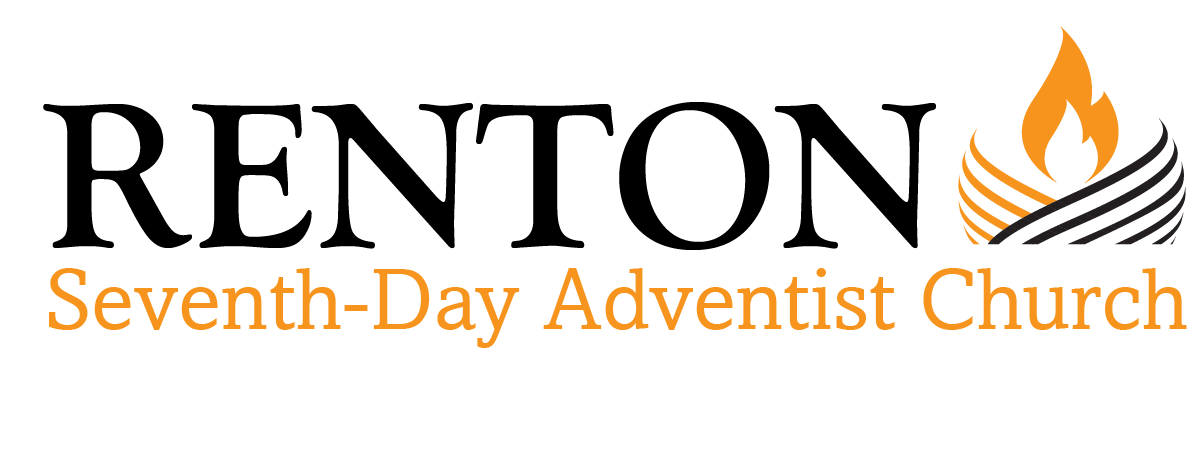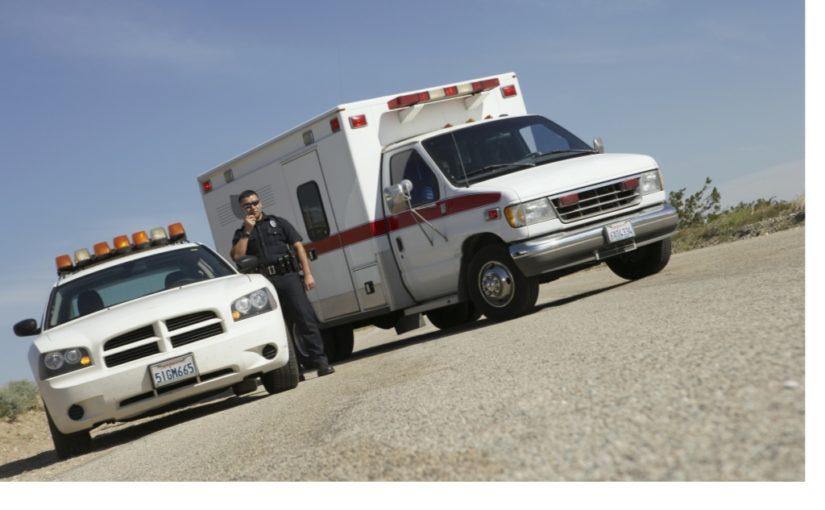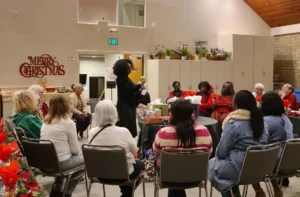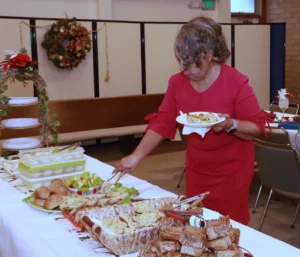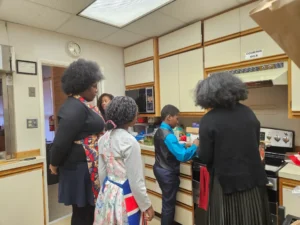It is doubtful anyone has had a terrible, Horrible, No Good, Very Bad Day, quite like Job. (Apologies to Alexander.) In one day, Job lost his oxen, donkeys, sheep, camels, servants, and all his children. No one could have blamed Job had he cursed God and said, “I’m done with you!” But that’s not what he did. “At this, Job got up and tore his robe and shaved his head. Then he fell to the ground in worship” (Job 1:20).
In the midst of unimaginable grief, Job’s first response to calamity was to worship. “Naked I came from my mother’s womb, and naked I will depart. The Lord gave and the Lord has taken away; may the name of the Lord be praised” (vs. 21).
I believe Job has something to teach us about first responses. Some of the actions taken at the recent Annual Council in Battle Creek have left many feeling like they’re living through a terrible, horrible, no good, very bad day…again. Though not to be compared with Job, some are grieving and lashing out in ways that all but say to the church, “I’m done with you!” But for a people whose very identity is defined by the three angels in Revelation 14, the first of which gives a global call to “Fear God and…Worship Him,” worship should be our habitual and first response in any circumstance.
Christians are faith’s first responders who are called to respond first in worship. Responding in the flesh is only human. But God expects more from us. Faith’s first responders are called to walk according to the Spirit and not according to the flesh. The only way to know which of these has control (flesh or Spirit) is if we worship God first before we do or say anything else.
Worship fixes my eyes on Jesus, not on committees, votes, or policies. Worship reminds me that I’m to tremble before God more than I tremble before men. Worship assures me that God’s got this and that it’s not about me but all about Him. Worship keeps me focused on Christ and Him crucified, risen, and coming again. And when I worship Him first, then “all these [other] things will be added to me” as well. (See Mt. 6:33.) In worship I see the Lord, and in the light of His glory I gain the proper perspective to discern how to respond.
As long as my eyes are on the “winds” of strife blowing through the church, I, like Peter, will sink in fear and despair. Rightly will Jesus say, “You of little faith, why did you doubt?” (Mt. 14:31)
Jesus walks calmly above the churning waves in the midst of the storm to remind us that no matter how things appear, He is in control. Responding in worship puts Jesus in view and teaches us to trust Him regardless of the storm. These are but the outer bands of the hurricane coming against God’s truth and God’s church. If we stumble now in the early rains, how will we do in the floods to come? (See Jer. 12:5.)
My Bible links Job 1:20 to 1 Peter 5:6 in the marginal reference. “Humble yourselves, therefore, under God’s mighty hand, that he may lift you up in due time.” This is a call to worship that is spelled out practically in verse 7: “Cast all your anxiety on him because he cares for you.” These actions are prescribed as a hedge against the devil who “prowls around like a roaring lion looking for someone to devour” (vs. 8). Resist him with everything you’ve got—worship being the first thing.
“Curse God and die!” was Job’s wife’s response to their woes. Given her losses, none of us would condemn her for her outburst. The pain was talking. But Job, though hurting emotionally and physically, let his worship do the talking. He held to his integrity and “did not sin in what he said” (Job 1:10).
The pain of many is talking. It is real and not to be minimized. Job’s pain was real, too. Worship is not a substitute for, nor silencer of action, but it is the first action before others are safe to take.
